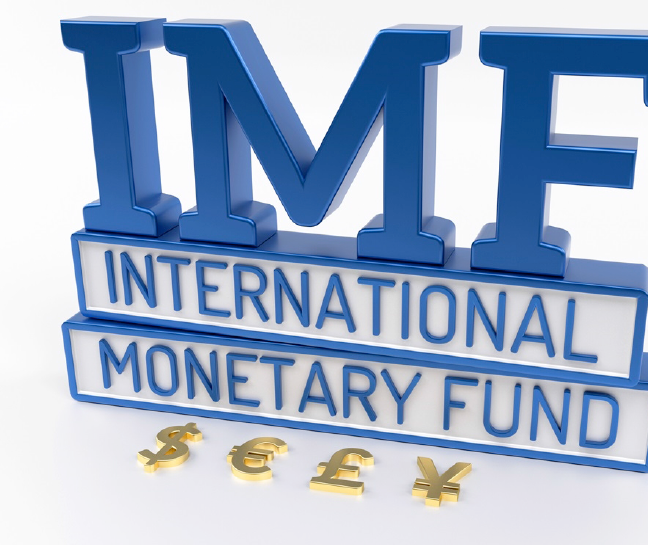EMEKA OKOROANYANWU
Managing Director International Monetary Fund (IMF), Christine Lagarde, has called on Nigeria and other countries still maintaining subsidy on fuel to stop the practice.
Lagarde spoke at the ongoing IMF/World Bank Group Spring Meetings holding in Washington DC, United States of America. She revealed that Nigeria and others had spent a total of $5.2 trillion on fuel subsidy in four years.
The IMF managing director said that the huge amount spent on subsidy would have been utilised on infrastructure development and in the provision of other social services.
READ ALSO:Typhoid fever and its many complications
“If you look at our numbers from 2015, it is no less than about $5.2 trillion that are spent on fuel subsidies and the consequences thereof. And the Fiscal Affairs Department has actually identified how much would have been saved fiscally but also in terms of human life if there had been the right price on carbon emission as of 2015. If that was to happen, then there would be more public spending available to build hospitals, to build roads, to build schools, and to support education and health for the people,” Lagarde said.
Calling for a sustained effort to maintain good public finance situation for the country Lagarde said with the low revenue mobilisation that exists in Nigeria in terms of tax to GDP, the country is amongst the lowest in terms of revenue to GDP.
According to her “the global economy is also currently quite uncertain. As I said a year ago, we were talking about synchronised growth. And 75 percent of the global economy was going through that phase. As you heard a couple of days ago, we are now talking about a synchronised slowdown by 70 percent of the global economy. So our forecast for growth this year is 3.3 per cent, going back up we hope in 2020, based on our forecast, to 3.6 per cent. But we contend that we are at a delicate moment. And this expected rebound from 3.3 per cent in 2019 to 3.6 per cent in 2020 is precarious and subject to downside risks, ranging from unresolved trade tensions, yet high debt in some sectors and countries, both public and corporate.
READ ALSO:Fayose victimised me politically for supporting Fayemi – RTEAN boss
“I would suggest not a single policy but multiple policies because it will have to be countryspecific, and there is no onesizefitsall. But we certainly would recommend two key principles. One is, do no harm. Second, do the right thing. So do no harm. The key is to avoid the wrong policies, and this is especially the case for trade. We know that for many decades, trade integration has helped boost productivity, innovation, growth, employment, and has reduced cost of living, particularly for the lowincome people. At the same time, we know that the engine of growth needs to be fixed. We need to better address dislocations caused by trade and by technological innovation, however intertwined they are, and we need to do more for those who are left behind. We need to better address unfair trade practices and distortions in the system, including through a WTO system reform.


